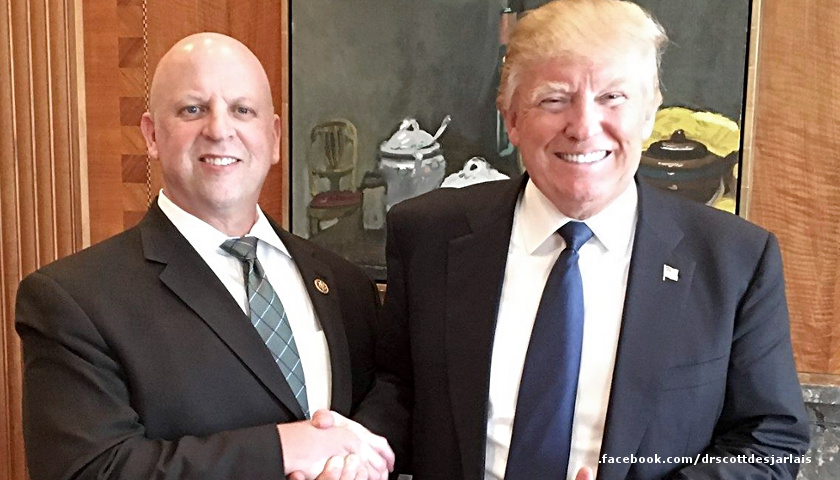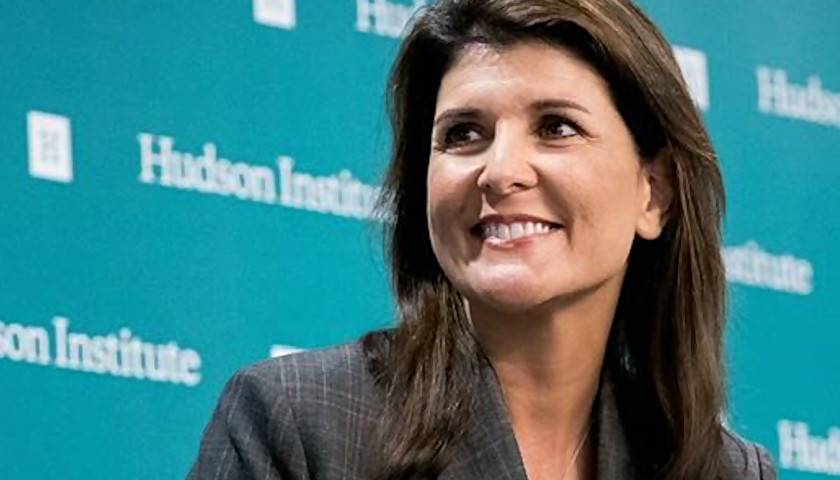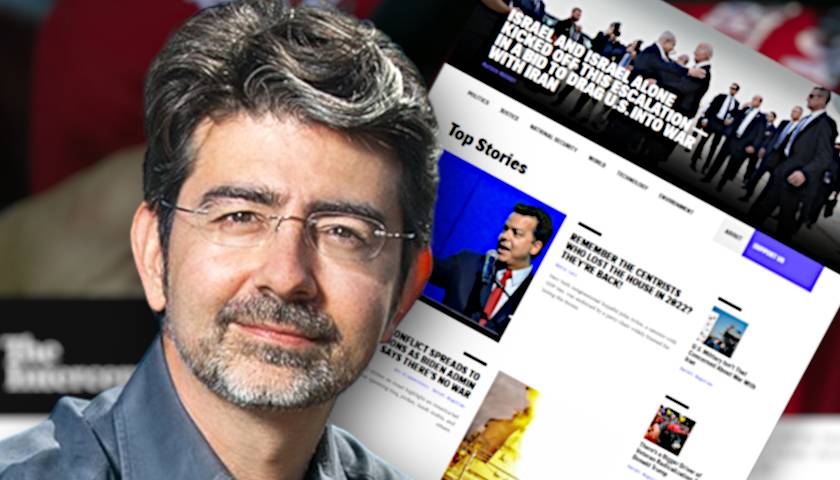Congressman Scott DesJarlais, M.D., an advocate of patient-centered health care, who has voted to repeal Obamacare and replace it with free-market reforms that would lower insurance costs and increase consumers’ choice of plans, released the following statement in support of the Trump Administration’s announcement yesterday of a new rule allowing small businesses to create Association Health Plans:
“Republicans have made major headway repealing the worst Obamacare rules, providing more affordable alternatives to Tennessee families and small businesses. The latest change allows Association Health Plans across state lines, one employers and employees have been advocating for years, ever since Obamacare began raising taxes, fees, and insurance costs. Patients lost their doctors. Hospitals closed.
The statement continued, “The law raised premiums to pay for expensive mandates and subsidies, while limiting individuals’ choice of coverage and providers. It exempted big businesses, while punishing Mom and Pop. We’re giving small businesses and entrepreneurs freedom to create better options for an estimated four million people. And we’ll keep working to improve results for Tennesseans.”
Under the finalized Department of Labor rule, self-employed entrepreneurs, small businesses, trade associations, and other organizations may now join together across state lines to increase their bargaining power and negotiate lower rates for employees and their families, just as large businesses do. The rule will take effect this fall.
There’s more on Trump’s announcement here:
The Trump administration is close to finalizing a health insurance option for small firms and self-employed people that would cost less but could cover fewer benefits than current plans, congressional officials and business groups said. They spoke on condition of anonymity to discuss the pending announcement. The Labor Department scheduled an announcement Tuesday morning.
As originally proposed, the new “association health plans” would have to cover people with pre-existing health conditions. However, they could offer narrower benefits than required under the Obama-era health law.
They could be marketed across state lines to businesses in a common industry — auto repair shops, for example — or they could be sold to self-employed people like musicians.





My parents raised five children without the benefit of insurance.
We always went to our family doctor for our check-ups, vaccinations, and emergencies. Same with our family dentist with our regular cleanings. Same with our local drug store. My father paid the bill at once; if he needed to make two payments, he was allowed to because he was reliable and trustworthy.
When needed, we went to the hospital–but this was rare! We certainly were not wealthy, but my family lived within our means.
No welfare, no food stamps, no free breakfast at school, no free lunch at school, no free after-school snacks, no free emergency room visits, no free dental, no free braces, no free eyeglasses, etc. Plenty of home-grown food, plenty of hand-me-down clothing from older cousins or siblings. Same with toys, bicycles, etc.
We all survived just fine; we have our health, our teeth, and college degrees. My parents are heroes to me because of the example they lived before me every day.
Those receiving all the freebies DO think money grows on trees, or at the very least, out of the pockets of tax payers, and feel they deserve this free lifestyle.
Government intervention in anything usually is a destructive force.
You are my hero – and something of a doppleganger. Like you, I came from modest circumstance. 5 kids, but we never had health insurance – there was no need. When you busted open your knee and that needed stitches, or you broke a bone that needed setting and a cast, you went to the doctor, not a physician’s assistant or a nurse practitioner – but a doctor. That doctor administered aid and you paid him – end of story. I even remember house calls – in a tiny two room apartment.
Part of the problem today is that doctors back in the day were not some sort of exalted elite – it was just another guy down the street from you who made his living without an outrageous income. Insurance has introduced moral hazard into the equation – since you don’t realize how you’re ultimately paying for the “care” in one way or the other, you don’t really care what it costs – the “insurance” pays for it. Yeah, well, why do you think they call it a “premium” – the insurance industry recovers the full cost plus a “premium” – which is their profit – and part of that “premium” goes to pay lobbyists and to make financial donations to politicians to ensure that their rice bowl remains intact.
Truth be told, the best thing that can happen is for the whole insurance industry to collapse – without that, we will only see constantly escalating cost and diminished quality of care. People look at me like I’m nuts when I say that, but the historical facts bear it out.
Even more to the point: quitting smoking, eating healthier, getting regular exercise, and avoiding substance abuse will do more to promote good health and further happiness in our society than all the health “care” combined. That’s an irrefutable fact as well.
The only way I’m dying in a hospital is if one falls on me (apologies to Bill Bryson.)
This is a link to a document published by the U.S. Center for Medicaid and Medicare Services (cms.gov) titled “History of Health Spending in the United States, 1960 – 2013” – https://www.cms.gov/Research-Statistics-Data-and-Systems/Statistics-Trends-and-Reports/NationalHealthExpendData/Downloads/HistoricalNHEPaper.pdf
One key finding was that in 1960, health care spending in the United States amounted to 5% of the nation’s GDP – as of 2013, that figure has risen to 17.4% of GDP – a 348% increase in real terms, adjusted for inflation.
That is the legacy of government involvement in health care. Prior to 1965, health care was more affordable and more accessible. It has led to a grotesque expansion of overlapping bureaucracies – plus a vastly more influential insurance and health care lobby to ensure that they remain dominant in the corridors of power. Research who the largest political financial donors are and you will find the insurance and health care industries (including Big Pharma) right at the top of the heap.